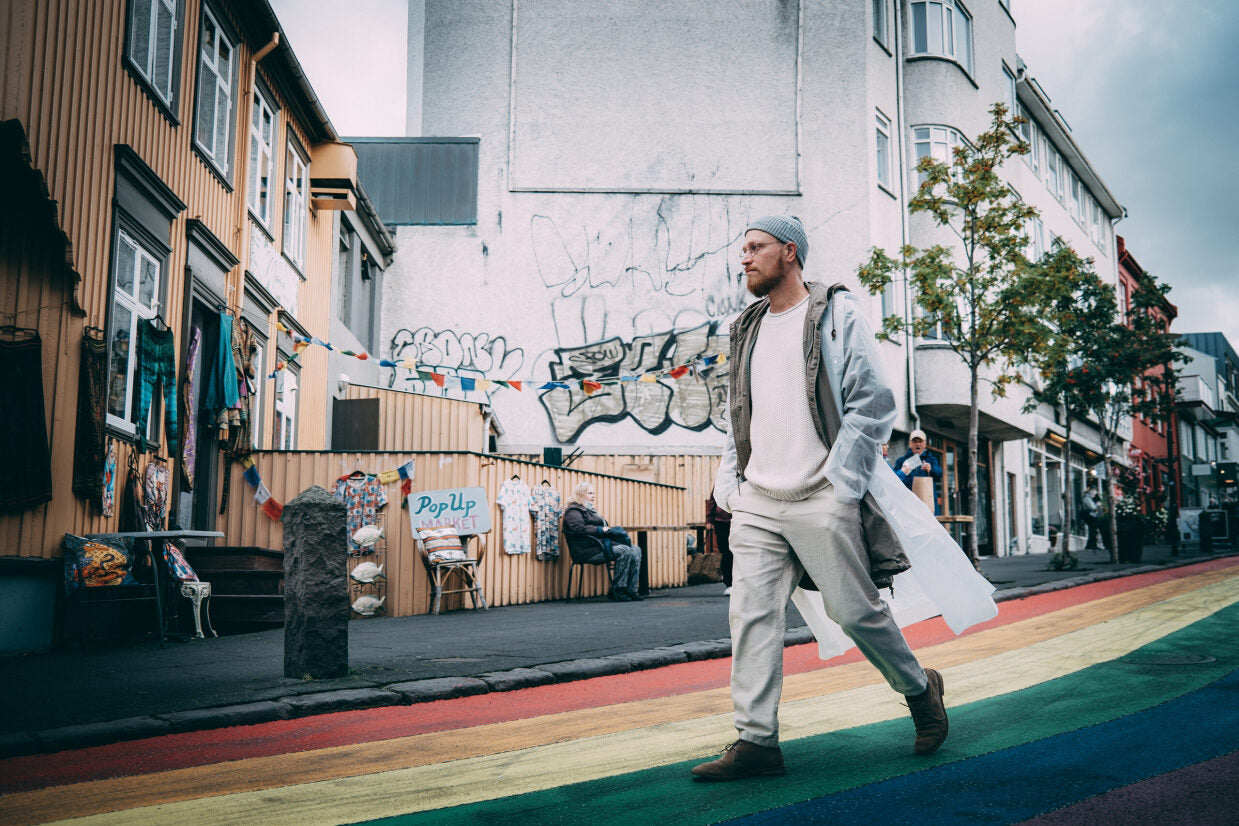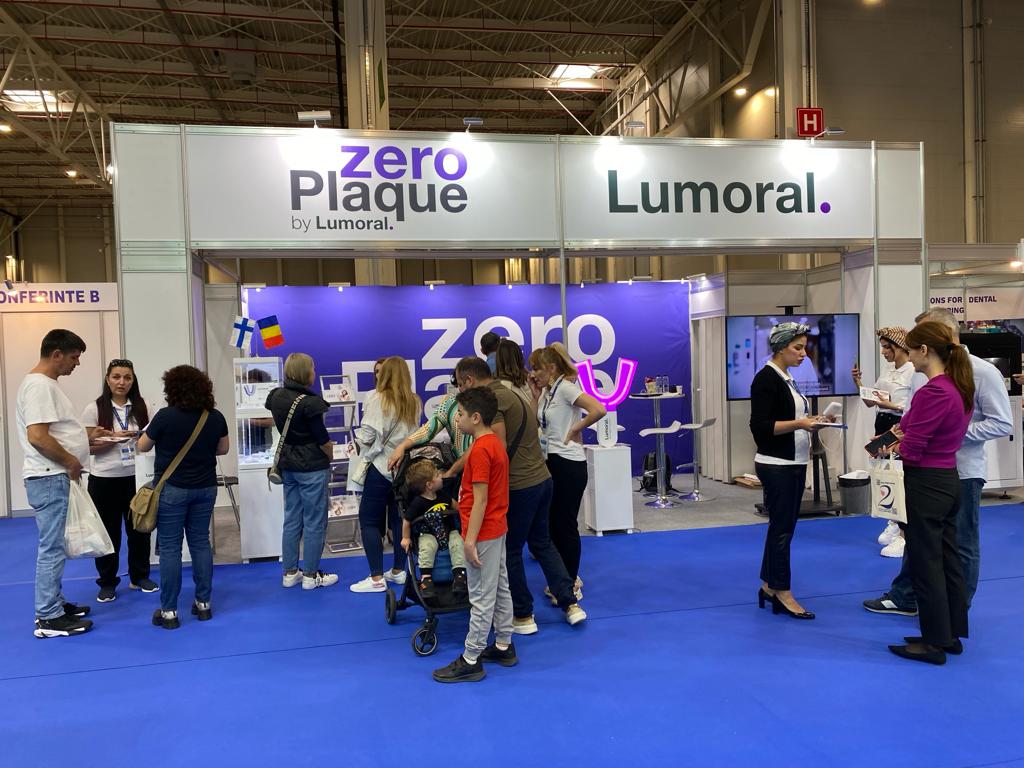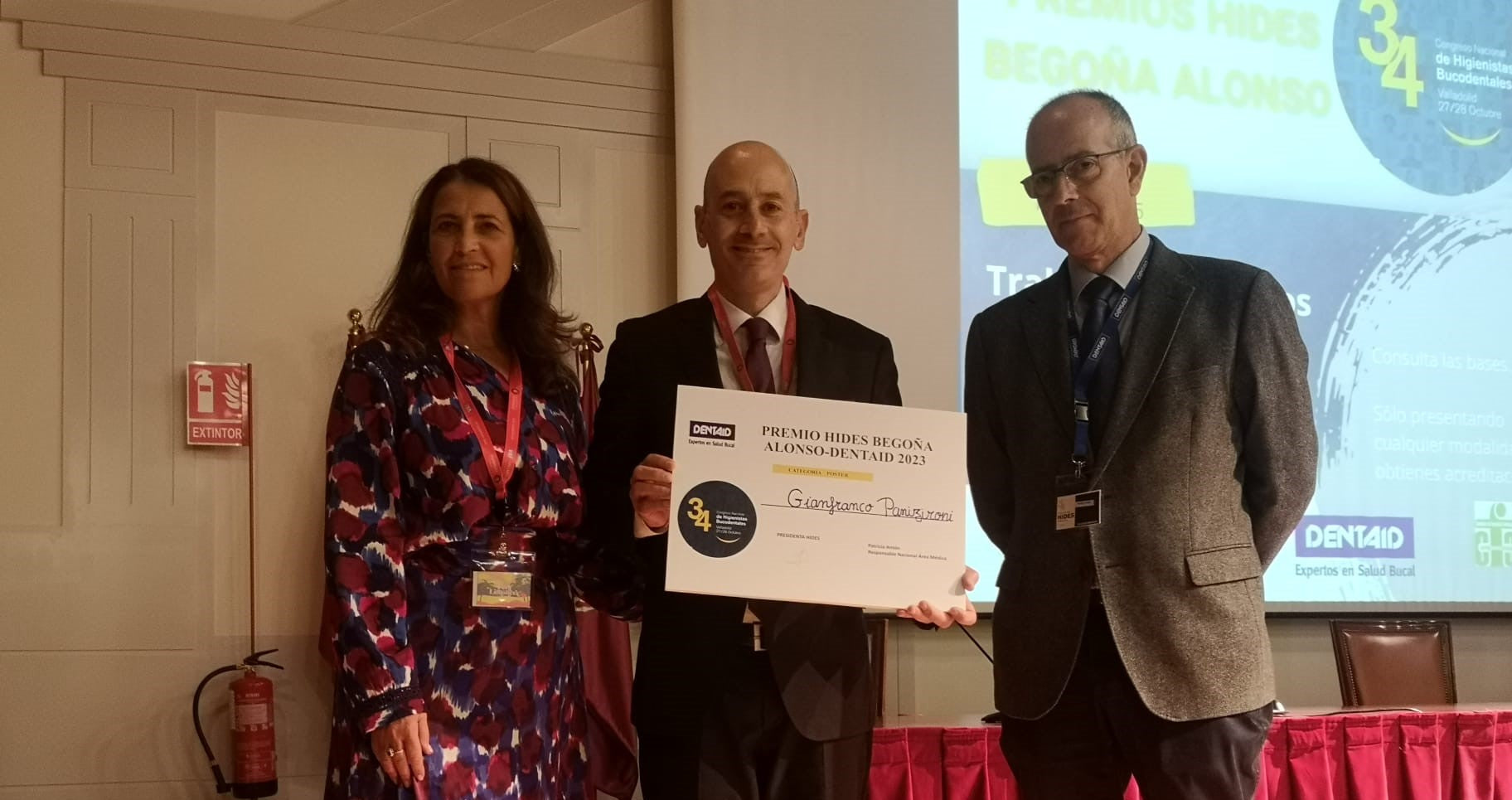Finnish Director-writer Saara Cantell's film Sisarukset (Siblings) will premiere in Finnish cinemas on Friday, 27.10.2023. The film project was unique in its making, and the result is documentary-like. The warm-hearted drama film weaves together fictional storytelling and real-life dramatic events, such as the severe illness of one of the main characters during filming and his recovery from it.
Siblings stars Henna Tanskanen, Lauri Tanskanen and Elin Petersdottir. Real-life married couple Henna and Lauri play the twins, and Finnish-Icelandic Petersdottir plays their unexpectedly found big sister. Siblings is Saara Cantell's tenth feature-length fiction film. The film was shot by a small crew over seven years, following the lives of the main characters closely.
– The way the film was shot differed completely from the traditional in every possible way. I was also involved in Sara's work, Devil’s Bride (Tulen morsian), which was shot at the same time as Siblings. Working with the same director, but in two completely different ways. One project with a tight shooting schedule, but a huge production team. The other, with a small core group, which allowed the film to be made in a unique way and to go really deep into the story, says Lauri Tanskanen, who plays one of the main characters, Jon, in the film Siblings.
In the film, thirty-year-old twins Jenna (Henna Tanskanen) and Joni (Lauri Tanskanen) find out that their father has a third child. Sister Jóna (Elin Petersdottir) lives in Iceland. Once the siblings meet, it changes the world for everyone and sets new aspects on both relationships and the future. As each one of them seek meaning for their own life, they oscillate back and forth between one father, two homelands and three adult siblings.
In addition to the main cast, the film included many well-known Finnish actors in supporting roles, including Ilkka Villi, Pirkko Hämäläinen, Antti Reini, Jarkko Niemi, Essi Hellén, Meri Nenonen and Icelandic Netflix star Björn Thors. The movie screen will also feature iconic Finnish actress Anneli Sauli in her last remaining film role.
Feature films are usually shot over a few months and typically have large crews because of the sheer number of technical people involved. The film Siblings was shot with a technical crew of four people.
– The film was shot by Marita Hällfors, who is also a documentary director. This film was also the realisation of her dream of mixing documentary and fiction. Tanskanen says.
– When we started making the film, we only knew the direction we wanted the events of the film to take, Tanskanen continues.
The film was a fiction set amidst real world events. In the film, you get to reminisce, for example, about the cheerful atmosphere and the Viking shouts that arose when Iceland started to do well in the European Football Championship.
– We travelled on a day's notice to shoot the film in the midst of the national party atmosphere. While Icelandic football fans shouted, "HUH HUH" and clapped their hands, we were filming a scene in the midst of all of this.
Life takes you by surprise – also in the film
As in life in general, during the filming of Siblings, events - both happy and sad – happened.
– Our older child was only a baby when filming started, and our youngest daughter was born during the film production. Thus, we literally gave birth to more actors for the film, Tanskanen says smiling.
– Henna and I thought for a long time about how big a responsibility it is for us to decide for the children whether they will be seen in a film. In the end, however, we decided to include them in the film. That way we could be together as a family all the time, even during the filming. This was a significant factor behind the decision.
It was challenging running a small family with young children between two countries, Tanskanen admits. Filming trips were made every six months and moving the whole "gang" from one country to another requires a lot of organisation. However, the close bond that formed between our production team, helped when, for example, a babysitter was needed during filming.
– We became sort of a film family. Everyone helped us. Even our film director sometimes carried our baby in a baby carrier while she was behind the camera, says Tanskanen.
Support was also needed when Tanskanen was unexpectedly diagnosed with a severe cancer illness during the third year of filming.
– The diagnosis was a terrible shock for everyone. We held a crisis meeting but decided to continue filming at my request. I cut off all my other working contacts at that point. The rest of my life was also pretty much put on hold to cope with the disease.
Tanskanen admits that there must have been a lot of frenzy, even defiance, involved at that stage. But his overriding intuitive feeling was that he would get through this anyway. That feeling also gave him strength when, only a day after his first operation, the familiar camera crew came to the hospital to film him.
– The scene in the film where I look in the hospital mirror at my surgical scar is as real as it can get. The only thing that was acting was that I was wearing eyeglasses. The acting profession is a bit crazy in that even at that time of filming, I wondered if I was acting well enough!
Cancer touches many
Tanskanen was diagnosed with bowel cancer in the middle of one of the busiest periods of his life. However, making a film during his illness allowed him to show others through his work what it is really like to live with a long-term illness.
– It wasn't until I became ill that I realised how narrow the picture of seriously ill people is that is given through films. There's the guy with the turban who's wasting away or lying in bed. I myself am extremely disturbed by the constant victimisation.
Although serious illness is not the main theme of the film, it is inevitably part of the story.
- It certainly defines my character's journey because it has also defined my own life. I couldn't have hidden it, and there was no need to hide it, Tanskanen continues.
More than 3,500 new cases of bowel cancer are diagnosed in Finland every year. Cases of bowel cancer have increased rapidly in recent years and there are still many taboos associated with them,
Tanskanen is currently working on a book on the subject, My Crazy Beautiful Life (Sairaan kaunis elämäni), which will be published on Storytel's digital book service early next year.
– It is an autobiographical book in which I will describe how my long-term illness affects both my environment and me.
Tanskanen points out that people with long-term illnesses need a lot of peer support and understanding.
– For some, discussion is a good tool. On the other hand, it's a personal matter whether you want to talk about your health issues. Cancer is such a complex and sensitive issue that you need to be able to decide for yourself whether to talk about your illness. However, it has helped me tremendously to be able to talk to other people about the subject and get peer support from others.
Also, exercise can help when your mind is in knots. After practising Chinese Taiji for 20 years, two years after falling ill, Tanskanen became interested in Asahi, which combines the best of Eastern and Western health movements.
– Asahi is a derivative of Taiji, which emphasises slow and soft movements. For many people, the threshold for starting Asahi can be lower than taking up yoga, for example, says Tanskanen.
Asahi emphasises relaxation, a vertical body position and the connection of breath to movement. The movements are deliberately designed to be simple enough for anyone to practice.
– For me, it has been a great help both in terms of body care and as a way of dealing with my own fears and mind control. When I became ill, it became a higher form of self-defence for me!
Tanskanen has also led Asahi groups himself through the Colores – the Finnish Colorectal Cancer Association. He has also organised groups through the Cancer Foundation Finland. Through these groups, he has been able to share non-verbal peer support and empowerment to those that have faced a severe illness.
– There are so many different kinds of peer support that a person can need. Talking is essential for many, but some enjoy doing and being active. Non-verbal peer support, getting together and practicing physical exercise in silence is an option for many.
– During Asahi classes, we don't talk about cancer but focus on empowerment and all the good that breathing, and movement can do for the body. This has been such a matter of the heart for me in recent years, and people have also really enjoyed the classes.
Tanskanen is currently planning to start a new Asahi group soon in Helsinki.
– Having peer support is vital for people with long-term illnesses, even if sometimes it feels like you just want to curl up and be alone. Whether it's verbal or non-verbal peer support, the most important thing is not to be alone with your illness.
And what was it like for Tanskanen to act in a film with his wife Henna?
– It was easy and sometimes quite funny playing siblings with Henna and being able to amuse the camera crew by kissing between shoots. Acting in any role with Henna is so easy because we know each other well.

****
Lauri Tanskanen, who graduated as an actor in 2009:
"I try to live as healthy as I can and take good care of my physical condition. I use a medicine that has the side effect of breaking down the mucous membranes in my mouth. I have been using Lumoral for over a year now and have found that it helps to keep my oral mucosa in better condition. The less inflammation in the mouth, the better it is for the body. So for me, Lumoral is part of my health maintenance routine."
Main image: Joni (L.Tanskanen). Credits to Antti Kokkola © Making Movies.



Leave a comment
This site is protected by hCaptcha and the hCaptcha Privacy Policy and Terms of Service apply.